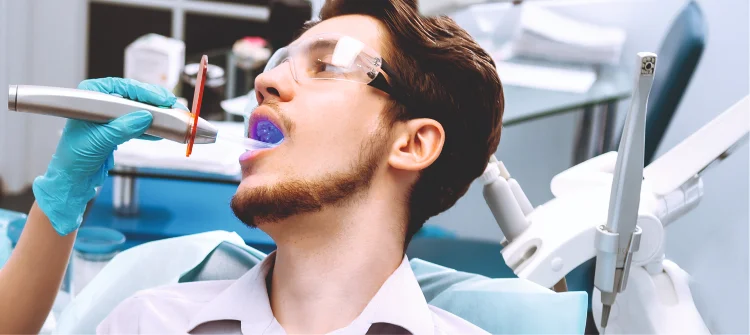The Baby Boomer generation, known for its tenacity and zeal for life, is now reaching its prime. Oral hygiene and dental care for baby boomers are two areas of their health that require constant attention as the years gently pass them by.
Therefore, if you are a Baby Boomer or you are caring for one, explore the sphere of oral hygiene for seniors to discover amazing oral hygiene suggestions that are specially designed to satisfy their demands.
Good Oral Hygiene Practices for Seniors
Seniors must continue to adopt appropriate good oral health if they want to keep their dental health in top shape. Here are some practices that help treat typical age-related dental concerns by adopting novel treatments and technology –
1 . Brush daily
It is essential to brush your teeth every day to get rid of the plaque, germs, and food bits that collect on your teeth and gums. Use fluoride toothpaste and a soft-bristled toothbrush. Make sure to brush your teeth with proper brushing techniques. At least twice daily, ideally before night and in the morning, brush your teeth.
2. Floss at least once a day
Flossing helps remove dirt and plaque that a toothbrush cannot reach from between your teeth and along the gum line. To clean in between your teeth, use dental floss or interdental brushes. Flossing for seniors should be gentle to protect gums from injury. Always floss, ideally just before going to bed.
3. Keep dentures clean
If you wear dentures, you should clean them well to avoid infections, foul breath, and discomfort. It also enhances the durability of denture teeth. Use a soft toothbrush or denture brush with denture cleaning to remove and clean your dentures every day. Before placing them back in your mouth, give them a thorough rinse. Proper denture care is crucial for good oral hygiene.
4. Get fluoride treatments
Fluoride aids in tooth decay prevention by strengthening tooth enamel, which is crucial as we get older. In order to receive fluoride treatments, such as gels, varnishes, or prescription toothpaste, speak with your dentist. Both at-home and dentist office applications for these procedures are possible.
5. Monitor sugar intake
Consuming less sugar can help in tooth decay and prevent gum disease prevention. Limit the amount of sugary foods, drinks, and candies you consume. Choose a healthy option, such as fruits and vegetables.
6. Avoid smoking
Smoking not only discolors teeth but also raises the risk of oral cancer and gum disease. In order to stop smoking, look for assistance and resources, such as counseling, nicotine replacement therapy, or pharmaceuticals.
7. Get regular dental check-ups
For the early diagnosis and treatment of tooth problems, routine dental checkups are essential. Choose a good family dental clinic and visit the dentist at least every six months. Your dentist will examine your mouth, clean your teeth, and handle any issues that may arise.
Baby boomers’ oral health depends on incorporating these oral hygiene routines into their everyday routine. Keep in mind that receiving quality dental treatment not only supports your oral health but also your general well-being and self-confidence as you age.
Experience Stress-Free Dentistry for the Whole Family!
Don’t wait to prioritize your family’s dental wellness. Whether it is for your children or parents (baby boomers), Frisco Dentist for oral hygiene is your trusted partner. Our friendly and experienced team is ready to create a personalized dental plan for each family member.
Book an appointment for maintaining a healthy smile to make senior dental care seamless and affordable.


